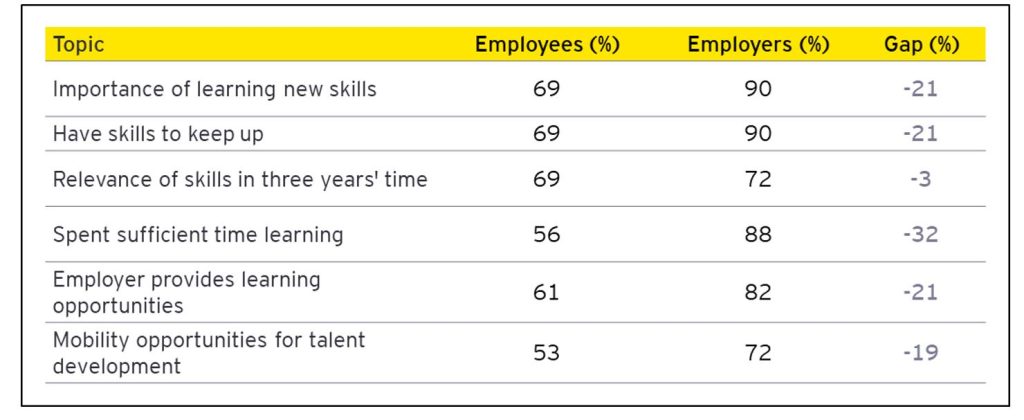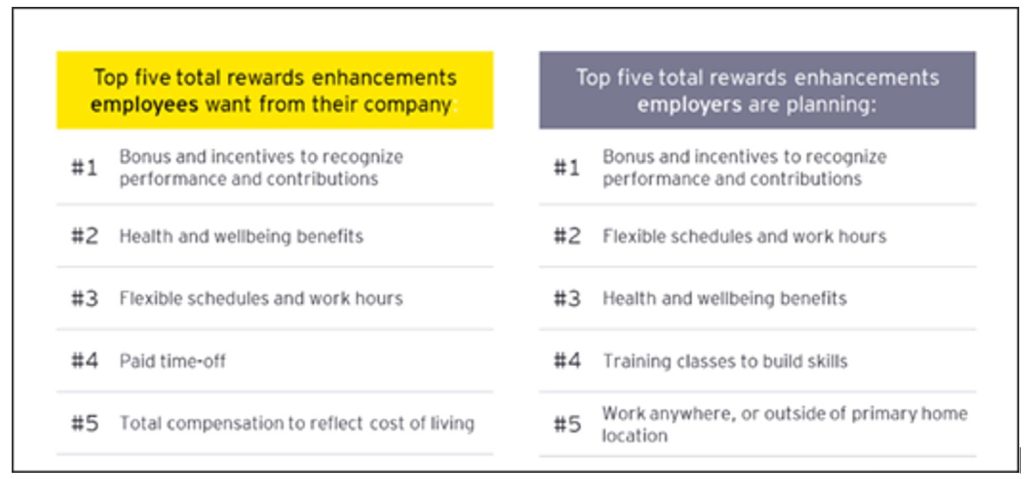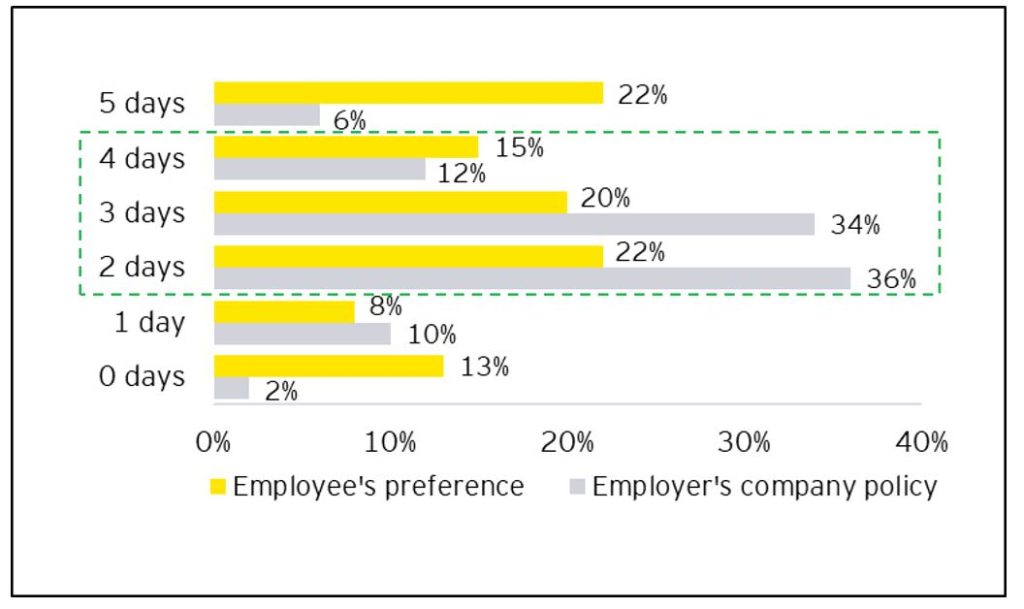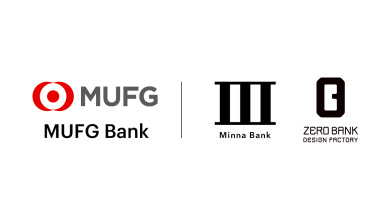‘EY 2024 Work Reimagined Survey’: Skills Development Is Top Priority for Better Career Opportunities in Malaysia
Study Finds Glaring Mismatch in Cultural Perception Between Employers and Employees

In line with global trends, a significant majority of both Malaysian employers (69%) and employees (90%) believe that acquiring new skills is an important factor in creating better opportunities and growth in the workplace. These findings come from the “EY 2024 Work Reimagined Survey,” which polled 17,350 employees and 1,595 employers across 23 countries and 27 industry sectors worldwide.
The “EY 2024 Work Reimagined Survey” included 1,050 employees and 200 employers from Southeast Asia, covering Singapore, Indonesia and the Philippines, as well as 250 employees and 50 employers in Malaysia.
While both parties acknowledge the importance of skills development, they diverge significantly on whether employees are receiving adequate opportunities and support. This misalignment inthe practical “how” of learning and development stems from differing perceptions on available resources, time allocation for learning, or even career mobility prospects.
The “EY 2024 Work Reimagined Survey” highlights that bridging this gap is essential to ensure that learning translates into tangible growth for employees and, ultimately, benefits the overall structure of an organisation.

Anil Shivadas, Partner at Ernst & Young Consulting Sdn. Bhd., said: “The younger generation continues to fluidly move between employers in search of new experiences, future skills and flexible working practices. Legacy talent strategies have become ineffective. Forward-looking talent strategies should shift the focus from the duration of an employee’s tenure to his or her values, the quality experience, and contributions to the organization. To make progress, organizations must pay greater attention to human connection, culture and learning and development investments to create a win-win workplace environment. These factors are imperative to confidently shaping the future.”
‘EY 2024 Work Reimagined Survey’ Finds Positive Outlook in GenAI Adoption
The adoption of GenAI in the workplace in Malaysia has surged from 32% in 2023 to 76% in 2024, according to the “EY 2024 Work Reimagined Survey.” This indicates that many employees who planned to use GenAI have now become active users. This trend mirrors the global increase of 44 percentage points over the same period.

Nevertheless, most employees (88%) believe that Malaysian companies need to take significant or moderate steps to adopt the necessary technological tools to fully integrate GenAI into their workplaces.
Employees Eye Exit Amid Economic Growth
The study also revealed that 38% of employees have expressed an intention to quit their jobs. Among them, 88% have cited career advancement (compared to 79% globally) and increased total remuneration (compared to 81% globally) as their primary reasons to resign.
Over half of the Malaysian employees (62%) highlighted that enhancing bonuses and incentives to recognise their performance and contributions is vital for increasing their job satisfaction. Additionally, 55% stated that having flexibility in work schedules and the ability to work from anywhere would improve their satisfaction.
While salary remains an important factor, only 58% of employees believe that the total compensation they receive is fair, equitable and transparent. Conversely, 82% of employers feel that compensation is adequate, revealing a 24% gap in reward satisfaction between the two groups—a figure that is 5% higher globally.
Low Choy Huat, Malaysia People Consulting Leader at Ernst & Young Consulting Sdn. Bhd., said of the findings of the “EY 2024 Work Reimagined Survey”: “The rise of remote and hybrid work has reshaped our approach to workforce productivity, shifting the focus away from the traditional emphasis on hours spent on-site. Additionally, the survey results reveal a mismatch between the top reward enhancements desired by employees and those prioritised by employers in Malaysia. Employees place paid time-off and reflective total compensation among the top five factors for reward enhancements while employers rank training and work flexibility in their top five.”

Employees and Employers at Odds Over Cultural Perception
While a significant majority of companies (92%) believe that organisational culture is improving, only 65% of employees agree—a decline from 66% in 2023 and 76% in 2022. Employees pointed out in the “EY 2024 Work Reimagined Survey” several cultural challenges, such as feeling uninspired at work (12%), dealing with an unbalanced workload (13%) and perceiving that their leaders do not care about them (13%).
However, both groups acknowledge that New Ways of Working (NWoW) are essential for driving productivity. Most responses from both employers and employees support working offsite for two to four days a week.





